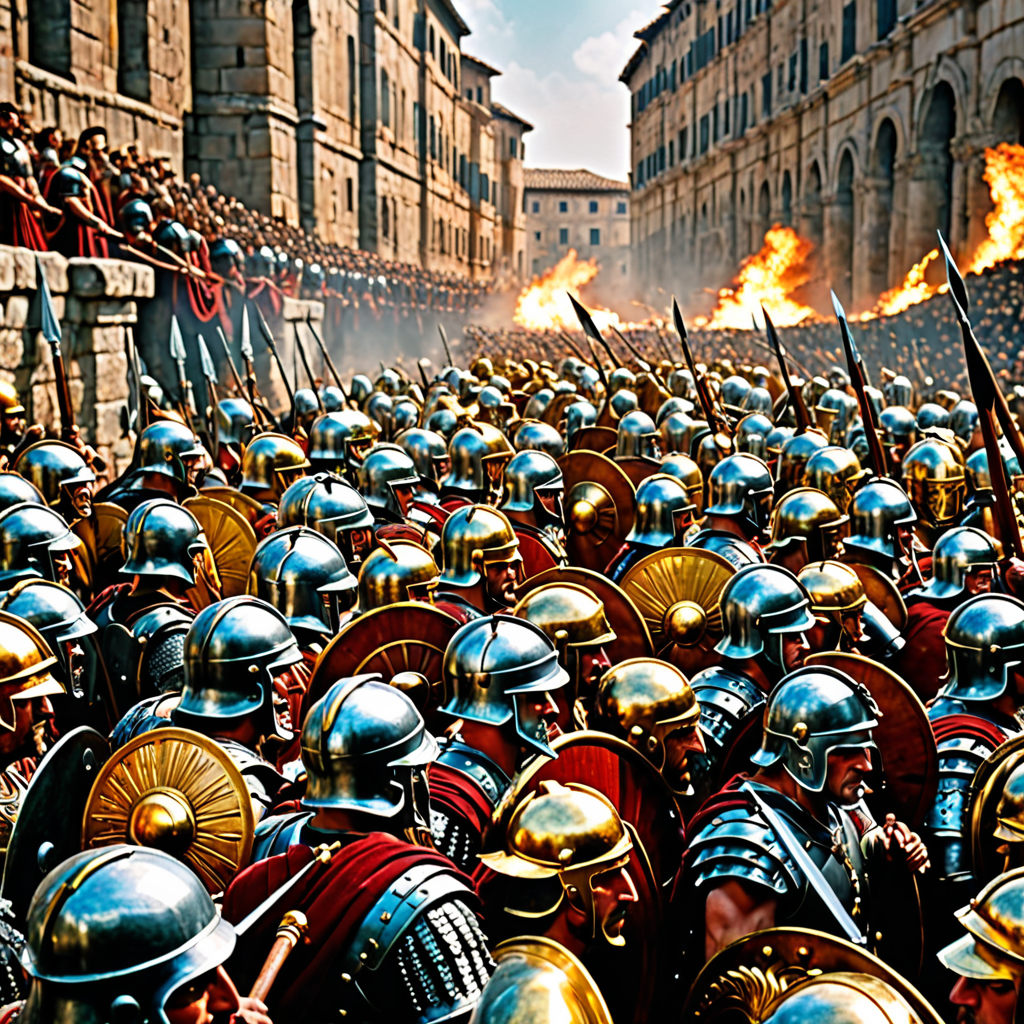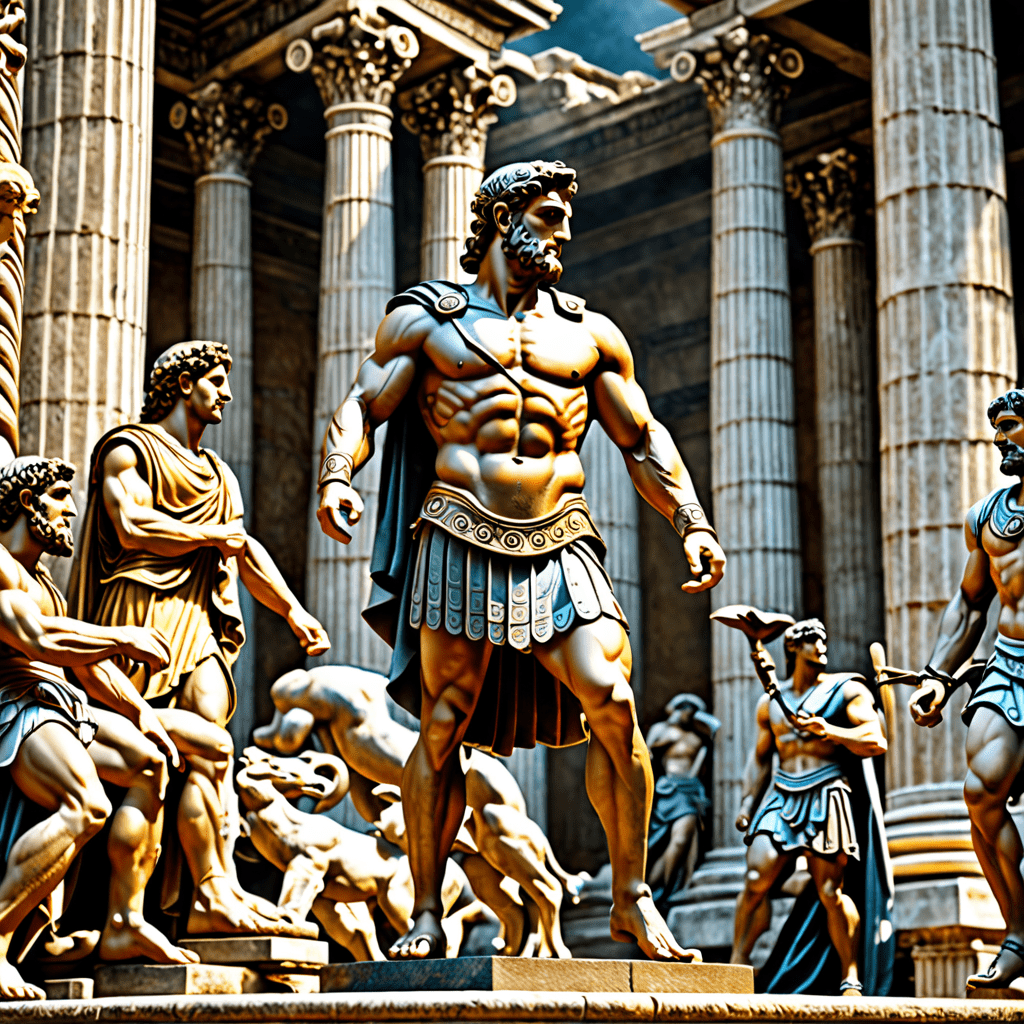The Influence of Roman Mythology on Roman Warfare Strategies
Introduction to Roman Mythology and Warfare in Ancient Rome
Ancient Rome, with its rich tapestry of culture and history, drew heavily from its mythology to shape various aspects of society, including warfare strategies. Roman mythology, deeply rooted in the beliefs and stories of gods and heroes, influenced the mindset and tactical approaches of Roman armies.
Mythological Influences on Roman Army Beliefs and Morale
Mythological figures such as Mars, the god of war, and Bellona, the goddess of conflict, played crucial roles in shaping Roman military beliefs and morale. Soldiers viewed themselves as instruments of these powerful deities, instilling a sense of divine purpose and invincibility in battle.
Utilization of Mythological Symbols and Rituals in Roman Warfare
Roman commanders often employed mythological symbols in their military standards and banners. The eagle, associated with Jupiter, symbolized Roman authority and divine protection on the battlefield. Additionally, rituals like animal sacrifices before battle were performed in honor of deities, seeking favor and victory.
Strategic Adaptations Inspired by Roman Mythology
Inspired by myths of cunning deities and heroes, Roman generals incorporated strategic elements like deception, surprise attacks, and outmaneuvering their enemies into their warfare tactics. The legend of the Trojan horse, for example, could have influenced their approaches to siege warfare.
Frequently Asked Questions about the Influence of Roman Mythology on Roman Warfare Strategies
What role did Roman mythology play in shaping Roman warfare strategies?
Roman mythology heavily influenced Roman warfare strategies by providing moral codes, inspiring soldiers with tales of valor, and shaping military tactics based on mythical stories and beliefs.
How did Roman gods and goddesses impact military decisions?
Roman gods and goddesses were believed to intervene in battles, so Roman commanders often sought divine favor through rituals and sacrifices to influence the outcome of wars, making their decisions intertwined with mythological beliefs.
Did Roman myths and legends influence the organization of the Roman army?
Yes, Roman myths and legends influenced the organization of the Roman army by emphasizing discipline, loyalty, and bravery, key values that were believed to have a divine origin and were instilled in soldiers through mythological narratives.
Were there specific myths or deities that were particularly significant in Roman warfare?
Deities like Mars, the god of war, and Minerva, the goddess of wisdom and strategic warfare, played crucial roles in Roman military campaigns. Myths about Rome’s founding and heroic figures like Romulus and Remus also influenced military ethos.
How did the influence of Roman mythology impact long-term military strategies and conquests?
The influence of Roman mythology on military strategies helped shape the expansionist policies of Rome, guiding decisions on



